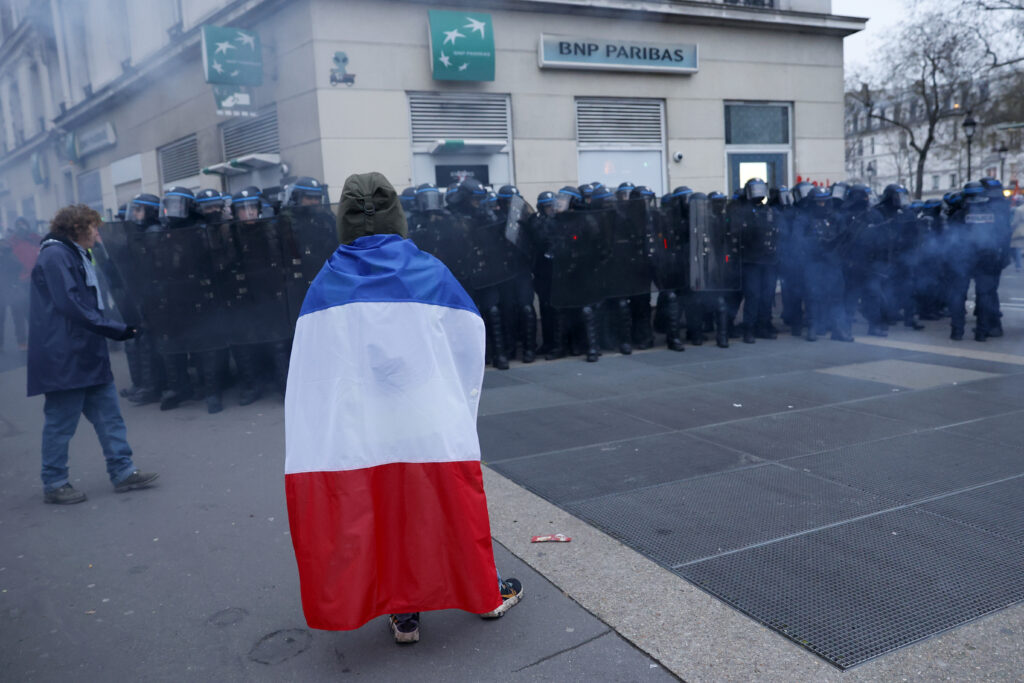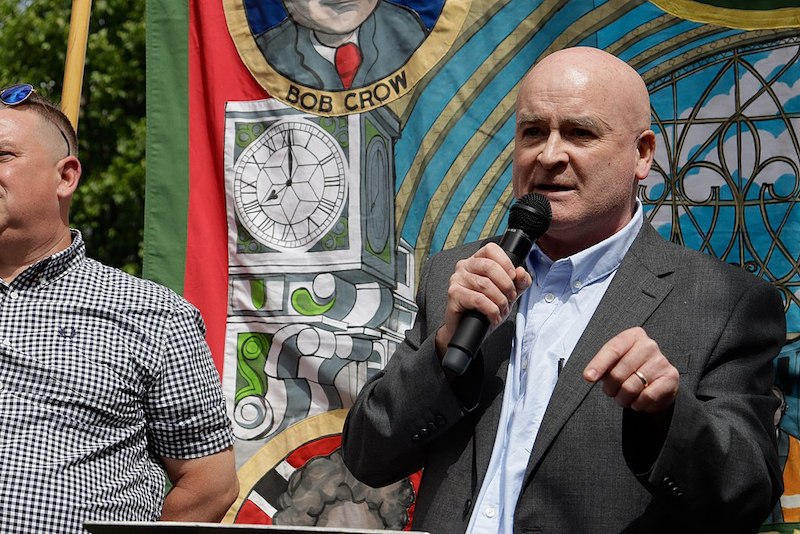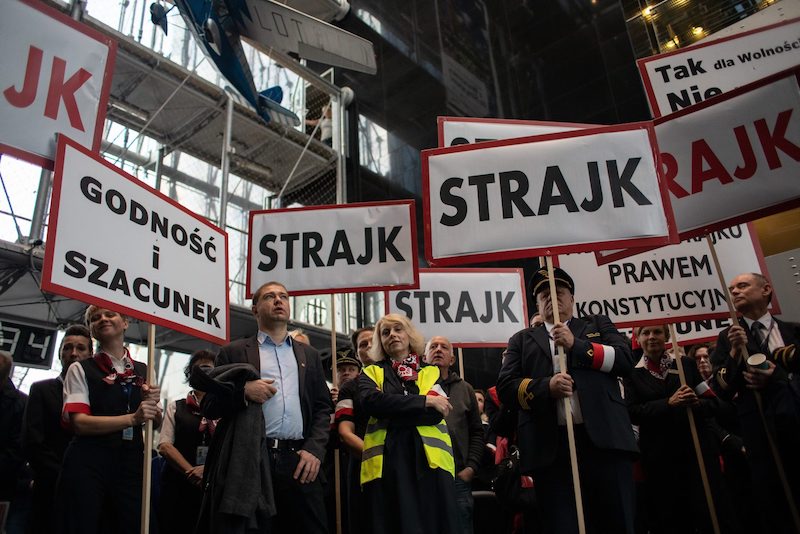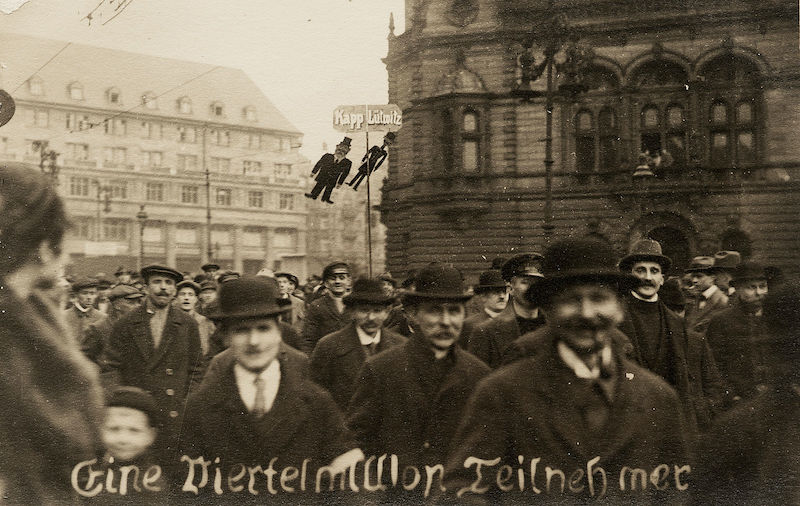European countries are facing a wave of attempts to repress dissent, although our collective awareness as a continent is still low.
The debut of Giorgia Meloni’s government was disconcerting. On 31 October, thousands were allowed to gather to celebrate the centenary of Mussolini’s March on Rome, at his birthplace at Predappio. In the same period, the police were beating up students protesting against an event attended by members of Meloni’s party, at La Sapienza University in Rome.
An ill wind was blowing that gave birth to the so-called “rave decree”. After police evacuated a rave in Modena, the far-right government launched a plan to ban gatherings of more than 50 people, if they “occupy places and threaten public order”. The debate escalated and coalition partner Forza Italia succeeded in smoothing the decree.
The problem of limiting dissent not only concerns Italy. In February 2022, Hungary’s Prime Minister Viktor Orbán, an old friend of the Italian right wing, issued a decree restricting the right to strike. Strikes are not formally banned, but the decree had a concrete impact on teachers who were protesting for a better education system and wage increases:
“If I want to strike, I am still obliged to teach at least half my lessons, or even all of them for the final year students,” Bea Berta, a Hungarian teacher, told Domani.
Some who engaged in civil disobedience, like Katalin Törley, a teacher in a Budapest high school, were fired.
As workers’ protests increase, governments are rushing through anti-strike laws. The Conservative government in the UK has pushed a bill to guarantee a minimum service as a means to indirectly restrict strikes.
Facing protests against pension reform, the French government has made similar considerations: Transport minister Clément Beaune wants to guarantee a “minimum service” during strikes. Ironically enough, they call it “the Italian model”.






